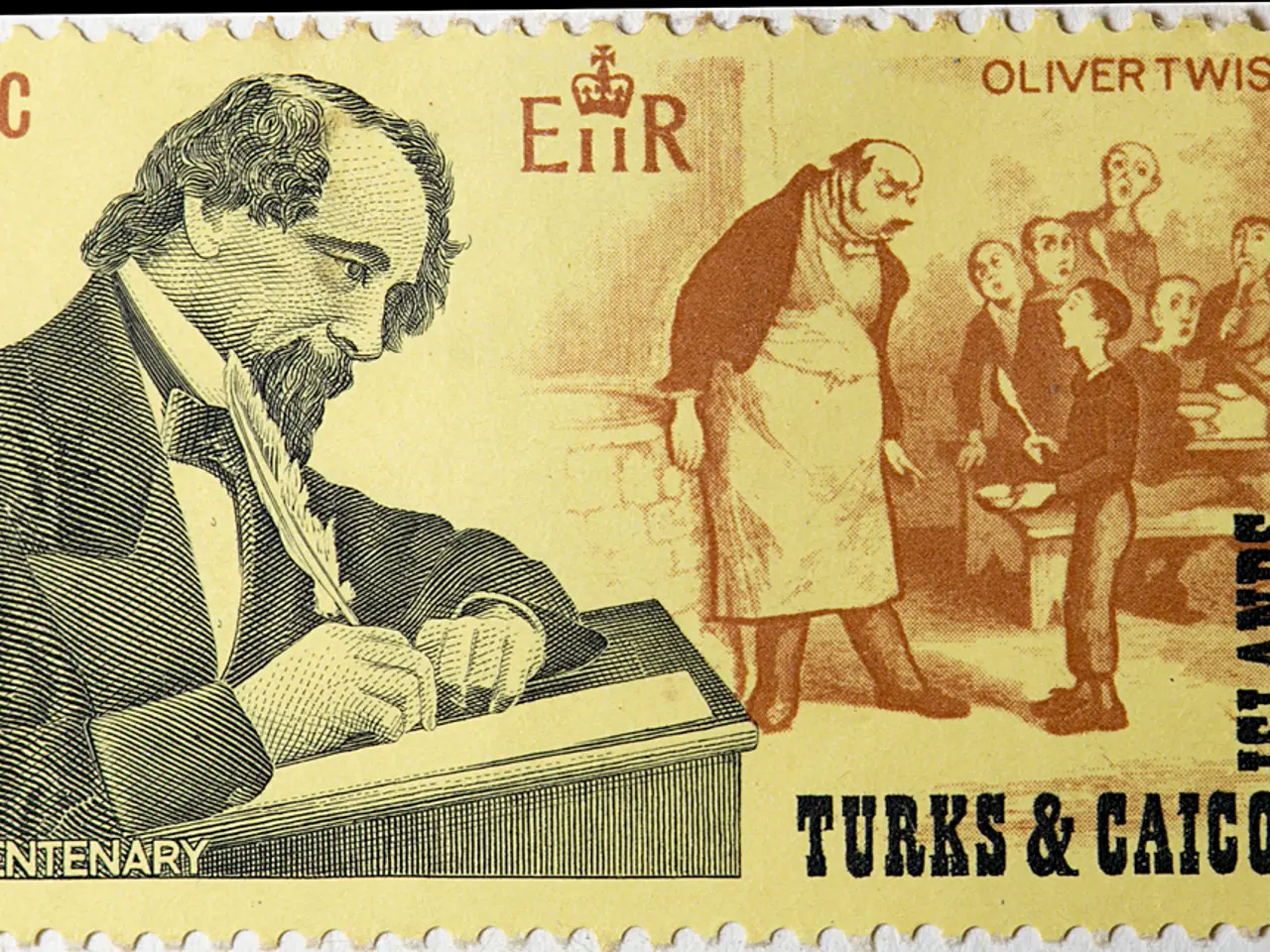Enjoy a serene retirement in Ireland, encompassing verdant landscapes and vibrant urban areas.
Moving to Ireland as a retiree offers a chance to experience the country's beautiful landscapes, rich culture, and friendly atmosphere. However, before making the move, it's essential to understand the requirements for the Stamp 0 (Irish retirement visa).
Key Requirements for Stamp 0
To qualify for the Stamp 0 visa, you must demonstrate financial self-sufficiency and have comprehensive private medical insurance covering full private hospital care in Ireland. This visa allows non-EU/EEA retirees to live in Ireland without undertaking employment or work.
Financial Self-Sufficiency
You'll need to provide proof that you have sufficient income or savings to support yourself without relying on public funds. This might include bank statements, pension statements, or proof of regular income/savings.
Private Health Insurance
Comprehensive private medical insurance is mandatory for the issuance and renewal of Stamp 0 permission. This insurance should cover full private hospital care in Ireland.
No Employment Allowed
It's important to note that the Stamp 0 permission does not allow employment in Ireland.
Documents Needed for the Stamp 0 Application
- A valid passport
- Proof of financial self-sufficiency
- Proof of comprehensive private health insurance
- Application form and fee (check with Irish immigration for the latest application process and fees)
- A letter of intent or cover letter explaining your purpose of stay as a retiree and confirming no intention to work
- Other supporting documentation verifying your background and purpose of stay, subject to requirements of the Irish immigration authorities
Important Notes
U.S. citizens can travel to Ireland without a visa and then apply for Stamp 4 after arrival, but Stamp 0 is specifically designed for independent retirees who do not work and meet the financial and insurance criteria.
Being on Stamp 0 may affect your tax residency status depending on the length of your stay in Ireland and your domicile, so consider consulting an expert for detailed tax and residency implications.
Living in Ireland with Stamp 0
If you're living in Ireland under Stamp 0 and plan to stay long-term, private insurance is still a smart choice, as public health care access can be limited. Some private health plans also cover extras like dental and eye care, depending on what you need.
Keep in mind that Stamp 0 usually does not allow dependents (spouse or children) to join the retiree. The application process for Stamp 0 takes place through the Irish embassy or consulate in the home country.
Choosing Where to Live in Ireland
Ireland offers a variety of locations to suit different lifestyles. If you prefer a slower pace of living with beautiful natural surroundings, locations like Killarney, Westport, Waterford, or coastal Donegal might be right for you. Cities like Dublin, Cork, and Galway offer cultural activities, a variety of shopping and dining options, convenient public transport, and easy access to hospitals and other services.
Tax Implications
If you spend 183 days or more in Ireland in a single calendar year, or 280 days over two consecutive years, with at least 30 days in the second year, you may become a tax resident in Ireland. U.S. retirees living in Ireland and counting as a tax resident might qualify for the remittance basis of taxation, which means they're taxed on all income from Irish sources, but only taxed on foreign income, such as pensions, investments, or rental income, if they bring that money into Ireland.
The U.S. and Ireland have a tax treaty that helps avoid double taxation on retirement income. It's always a good idea to consult a tax expert for detailed advice on your specific circumstances.
[1] Irish Naturalisation and Immigration Service [2] U.S. Citizenship and Immigration Services [3] Irish Embassy in the U.S. [4] U.S. Embassy in Ireland [5] Experienced Immigration Lawyer
In the event of a retiree deciding to relocate to Ireland and live an independent lifestyle, organizing comprehensive private health insurance is advisable for long-term residing, as access to public healthcare can be limited. This insurance coverage should cover full private hospital care in Ireland.
Moreover, should one choose to explore Ireland, whether for home-and-garden, travel, or lifestyle purposes, it's crucial to bear in mind that ico (regulation) specifies that the Stamp 0 visaholder is prohibited from engaging in employment or work in Ireland.






